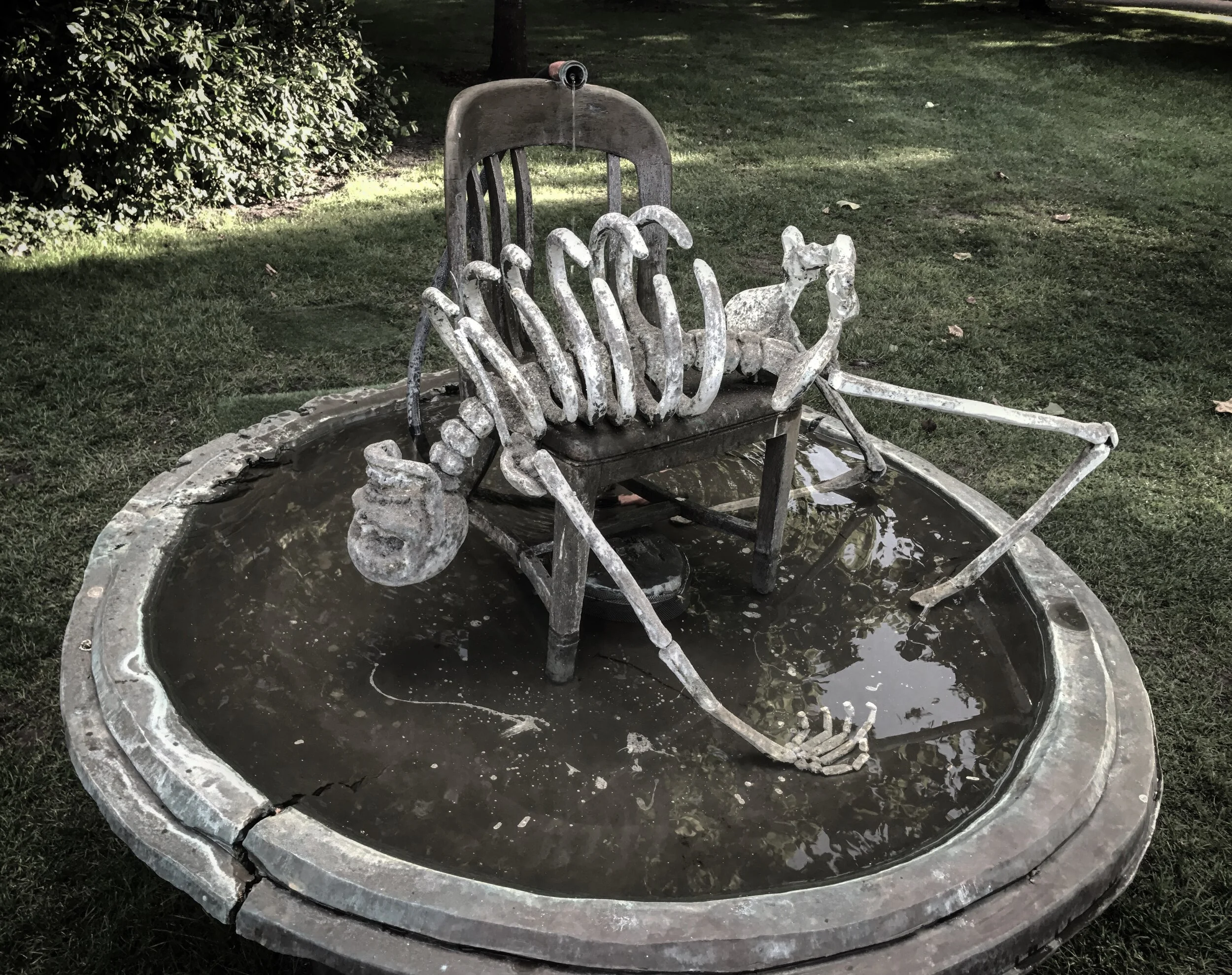Why change makes us feel tired, and how to build ‘change stamina’
Going through periods of change can be exhausting. The mental challenge can leave us feeling as tired as a grueling work out does. So why is that? And what can we do to build up stamina when facing change?
The first thing that we need to accept is that change, even good change, is something that we are hard-wired to resist. The brain was designed to keep us alive by maximizing reward and minimizing threat. It learnt a lot of its main lessons when we were younger and now we’re in adulthood the brain, having kept you alive all this time, is pretty proud of itself and wants to keep to those tried and tested experiences. The more we repeat things the deeper the neural pathways in our mind become and the more challenging it is to accept any changes to our habits.
Our brain is also largely the same as it was in cavemen times. We have developed more control and planning skills in the pre-frontal cortex, but the rest of our brains still respond on a ‘fight or flight’ mechanism. The issue with this is we’re no longer cavemen so instead of being faced with a wooly mammoth we are responding to situations in an office or social group with the same ‘mental tools’. A change happens and our brains seeks out any element of threat. Then it starts to move blood away from the pre-frontal cortex to the areas of our body we’d use to escape danger – such as the limbs or even eyesight. The result of this is a vicious circle as our brain becomes anxious but moves resources away from the part of the brain that makes our healthy decisions. We might find that we’re unable to reason with ourselves and think things through rationally. We may even find our anger levels are increasing.
And then to add to this multi-level world of pain for our brains the ‘threat’ level we feel affects our grasp on reality and we perceive more hostility in the world around us. We mis-read situations, blow things out of proportion and lose trust in our social circles. But social circles are important. From the moment we are born we are dependent on other humans. We have a genuine need to be cared for and have people take an interest in us, yet our brains aren’t providing a good habitat for those relationships. In the face of change we can feel increasingly isolated and see danger in even our closest allies
We’ve faced all this and then our brains congratulate themselves again. Change rarely produces instant positive results so everytime we find ourselves doing things in a less than perfect way our brains reinforce that they were right to fight the change, and we resist it even more
All of that? Well it’s exhausting. We are dipping into energy reserves and it might feel like there’s nothing left. But we can train our brains to better weather these experiences and accept change more readily in the future.
To do this we need to actively embrace change. Push ourselves out of our comfort zone and let them learn that those tried & tested methods aren’t the only things that work. You may not feel like trying something new, but we should do this regularly throughout our lives to build up ‘change stamina’. In fact, the older we are the more important it is, as those habits we form just get deeper and deeper in the neural framework of our brain and need challenging more often. Our brains need to create a pathway that says, “I can try something different and still survive” and that’s a pathway we need to make as deep as possible through repetition
There are always new things to try, but I believe focusing on 3 key areas can help keep your brain on its toes. These are Mental agility, Language and Physical skills.
Mental agility needs to be built by problem solving and spacial awareness tasks. Puzzles are a great way of doing this. The more storytelling involved the better as we experience the puzzle not only with our cognitive mind but our motor mind too.
Language skills – not just learning a new language (although this is hugely beneficial) but reading poetry or a genre of book you’d never normally dip into. Tongue twisters and creating video or voice notes can really switch on this part of our brain
Physical skills. The world is your oyster here. Baking, knitting, yoga... there is something for everyone. At first you may find you have to really concentrate to make these work but over time they’ll become second nature. Embed this further by not just learning the physicality but research your topics too.
The more often we learn new things then the more our brain will understand that change doesn’t have to threaten our survival. Instead we find it can give us renewed energy and a sense of purpose. And the deeper we make this neural pathway the quicker you’ll accept change in the future





